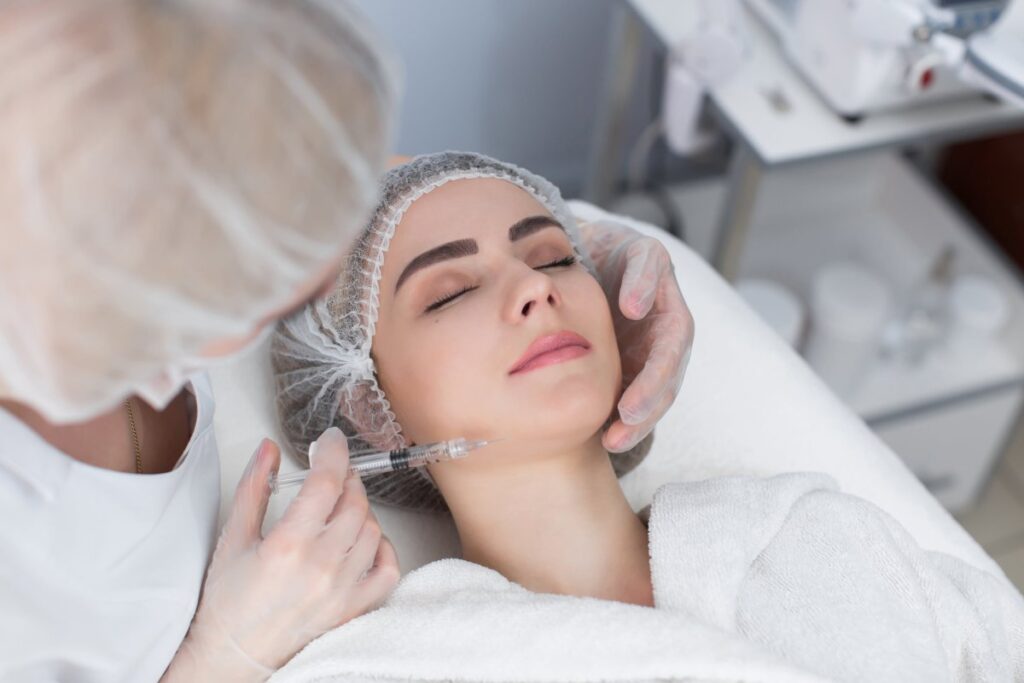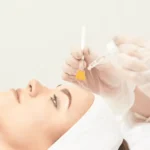THE WHAT If ever there was a test designed to sort the wheat from the chaff, it was 2020. Some emerged from the pandemic’s salient year bigger and better (looking at you Amazon, LVMH), others, not so much. Indeed, 2021’s results provided an instant litmus test into the health of a given company after 2020 had done its worst. From Q1, we could see those who were bouncing back bigger and better and, in contrast, those who were still struggling.
THE DETAILS LVMH was very much in the former camp with net profit up 62 percent in the first half of fiscal 2021, versus the same period in 2019 after Q2 revenue rose 14 percent versus 2019 figures. Even CFO Jean Jacques Guiony professed surprise, exclaiming, “We are coming out of the crisis with remarkable levels of profitability.” Q3 was no different; the French luxury goods conglomerate beat analyst expectations so it’s no wonder CEO Bernard Arnault surpassed Amazon’s Jeff Bezos to take the title of the world’s richest person mid-year.
And talking Amazon, if there was one business designed for a lockdown, it was the US e-commerce behemoth. Throughout 2020, we turned to the platform for our daily necessities and, in early 2021, it looked like the habit had proven hard to break.
While we’re on the subject of digital giants, The Hut Group was another 2021 winner. Fresh off booming sales for FY2020, the company upped its 2021 sales growth forecast to 30-35 percent from the previous 20-25 percent range. The beauty division alone has pulled in sales of £460.8 million in the first half of fiscal 2021, with group revenue up 44.7 percent.
L’Oréal also posted an ‘exceptional’ second quarter with growth returning to pre-pandemic levels – H1 2021 sales were up 6.6 percent versus the first half of 2019 – a trend continued in the third quarter with sales up 14.9 percent like-for-like compared to the same period in 2019.
Similarly, at L’Occitane, Q2 net sales were up 7 percent on pre-pandemic levels (+11.4 percent versus the prior-year period), and, with a global restructure in progress that has seen many US stores close and a consultant network launched, the company is well placed to continue the trajectory.
Certainly, the direct sales model has helped Natura &Co’s sales – with double digit growth reported in both Q1 and Q2. CEO Roberto Marques explained that digital and social selling have helped mitigate losses caused by store closures and social distancing measures.
Aesthetic injectable companies refer to businesses or companies that specialize in manufacturing, distributing, or providing aesthetic injectable products and services. These companies focus on developing and supplying injectable substances used for cosmetic purposes, typically administered by qualified medical professionals. Aesthetic injectable companies play a crucial role in the field of aesthetic medicine and cosmetic dermatology by offering a variety of injectable products designed to enhance facial features, reduce wrinkles, and improve overall skin appearance.
Key aspects of aesthetic injectable companies include:
-
Product Development: These companies research, develop, and manufacture aesthetic injectables such as dermal fillers, botulinum toxins (e.g., Botox), collagen stimulators, and other specialized formulations. They often innovate new products to meet evolving market demands and technological advancements.
-
Distribution and Sales: Aesthetic injectable companies distribute their products through authorized channels, including healthcare providers, medical spas, and aesthetic clinics. They may also sell directly to licensed professionals who administer these treatments.
-
Regulatory Compliance: Due to the medical nature of their products, aesthetic injectable companies adhere to strict regulatory guidelines and obtain necessary approvals from health authorities (e.g., FDA in the United States) to ensure safety, efficacy, and quality standards.
-
Training and Support: Many companies provide training and educational support to healthcare professionals on the proper use, administration techniques, and safety protocols associated with their injectable products. This ensures that practitioners can deliver treatments effectively and safely.
-
Customer Support: Aesthetic injectable companies offer customer support services to healthcare providers and consumers, addressing inquiries, providing product information, and assisting with product usage and troubleshooting.





